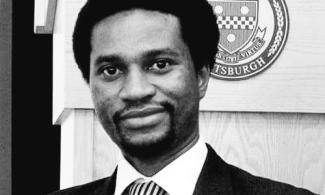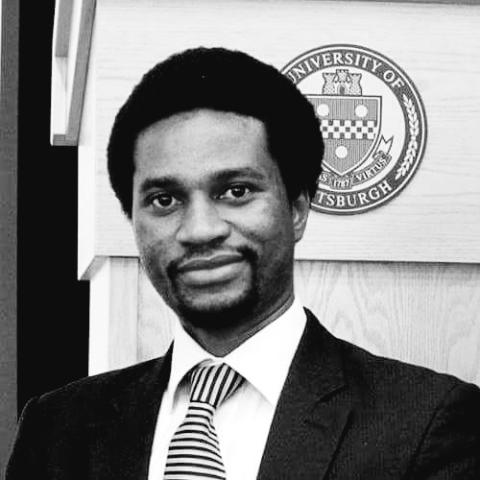
Tragically, we'll never know If Kyari was truly a good man or not, because, while he lived and had the chance, he failed woefully to show us.

The death of Mallam Abba Kyari, Chief of Staff to the President, has drawn varied reactions from Nigerians. It has also incited a ferocious moral debate about the propriety of rejoicing or mourning his passing. Having read a number of reasoned opinions on this outside the regular social media noise, I believe the debate is a needless waste of time, and I'll tell you why.
The mourn-Kyari proponents argue that it is patently immoral, perhaps inhuman, to rejoice at the death of any person however reprehensible and vile their conduct while they lived. They insist that even if the person's willful actions and omissions remotely, or immediately caused the deaths of numerous other Nigerians with no power, no wealth, and no name recognition, we should still mourn because there's just something wrong about gloating over the dead.
They instruct that it would be mean and insensitive to Kyari's family and survivors to openly gloat at their loss at this difficult time. They conclude that death is inevitable, and could befall anyone at any time.
But, the mock-Kyari proponents disagree. Indeed, barring the COVID-19 lockdown, they'd roll out the drums and rejoice the death of a man they see as a scheming scoundrel. A man they believe was the nation's defacto president who could have done much to improve their lives since 2015 but chose not to.
Applying the Jeffersonian reasoning that all men are created equal, and one human life equates another, they argue that Kyari's life certainly can't be valued over and above the many hapless victims of the wickedly incompetent government he superintended.
They cite the weighty testimony of Hajia Aisha Buhari who revealed a while ago that even the Aso Villa presidential hospital meant to cater to the presidency and the likes of Kyari, was so poorly equipped that it lacked such common drugs as Paracetamol despite billions allocated for its maintenance under Kyari's watch.
They wonder how a man of Kyari's age could be so indifferent to the needs of his country that he'd rather spend billions to patronize oyibo hospitals and doctors than equip the ones at his backyard; the ones that might have saved his life.
They point out that in the 5 years Kyari led Nigeria as defacto president (going by Hajia Buhari's other revelations), he could have revamped the nation's comatose health system, or at least bequeath the nation's 200 million inhabitants with one legacy state-of-the-art hospital in the mould of the ones he patronized in the UK. But he did not. He held power for power's sake.
Finally, they question why, at the debilitating age of 80, and despite the abundance of young, resourceful, and competent Nigerians, Kyari assigned himself the role of negotiating solutions to the nation's power sector in far aware Germany, with Siemens, the German energy company. They see this as an extension of Kyari's rumoured obsession with the control of huge federal contracts for which he pockets humongous sums as kickbacks.
They recall an earlier allegation regarding MTN Nigeria where Kyari was said to have lined his pockets to ease punitive sanctions against the company. For them, Kyari's yet to be debunked inclination for self-dealing is unforgivable. They insist his death by COVID-19 is perfect karmic comeuppance which should be celebrated if only for leaving the nation with one less local exploiter.
Weighted on the merits, Kyari's mockers seem to have legitimate grievances even if we concede the right of his mourners to mourn.
But Kyari leaves us no choice than to judge him by his impact on our lives while he held power. Going by the demeaning poverty strewn across our land, particularly in the 5 years that he directed the nation's affairs defacto, we certainly can understand if our people choose to mock rather than mourn him.
Tragically, we'll never know If Kyari was truly a good man or not, because, while he lived and had the chance, he failed woefully to show us.
Perhaps, we can reach a middle ground: if you want mourn, mourn small small, and if you want rejoice, gbedu small small, after all, the man is now eternally unaware, and COVID-19 is still around the corner.